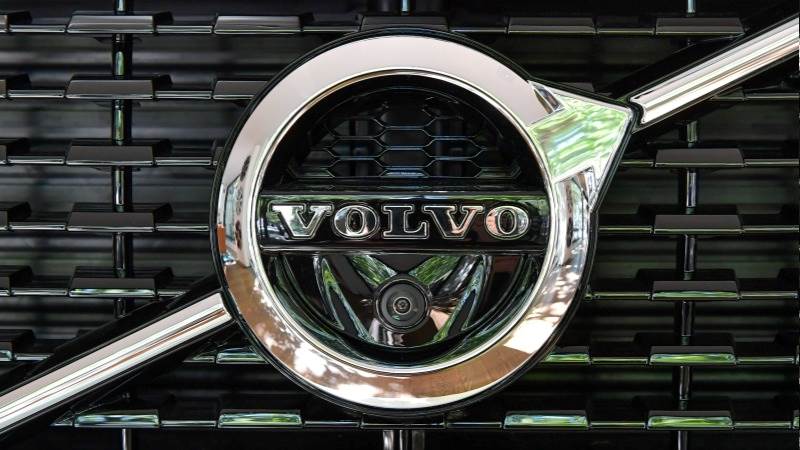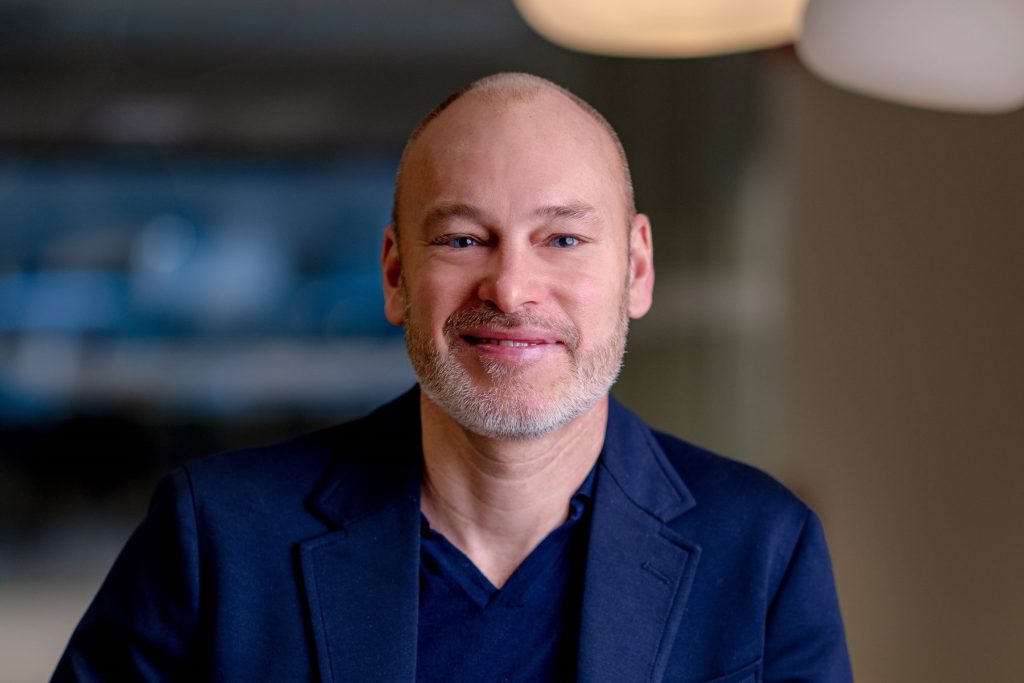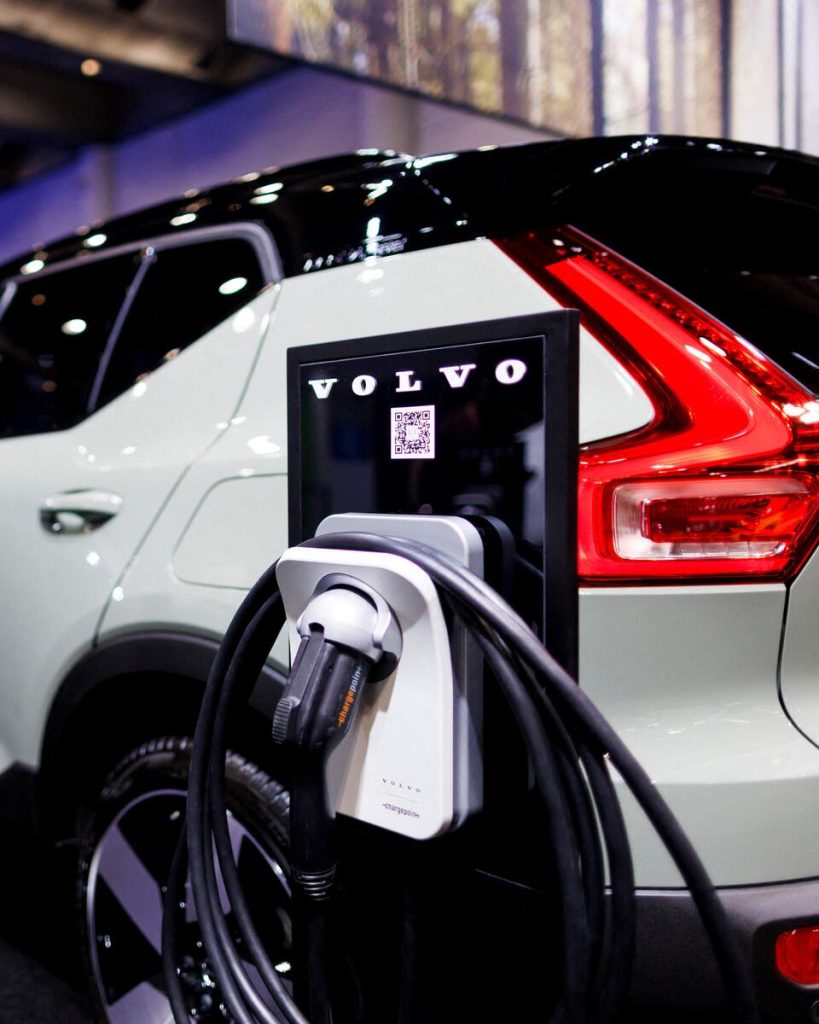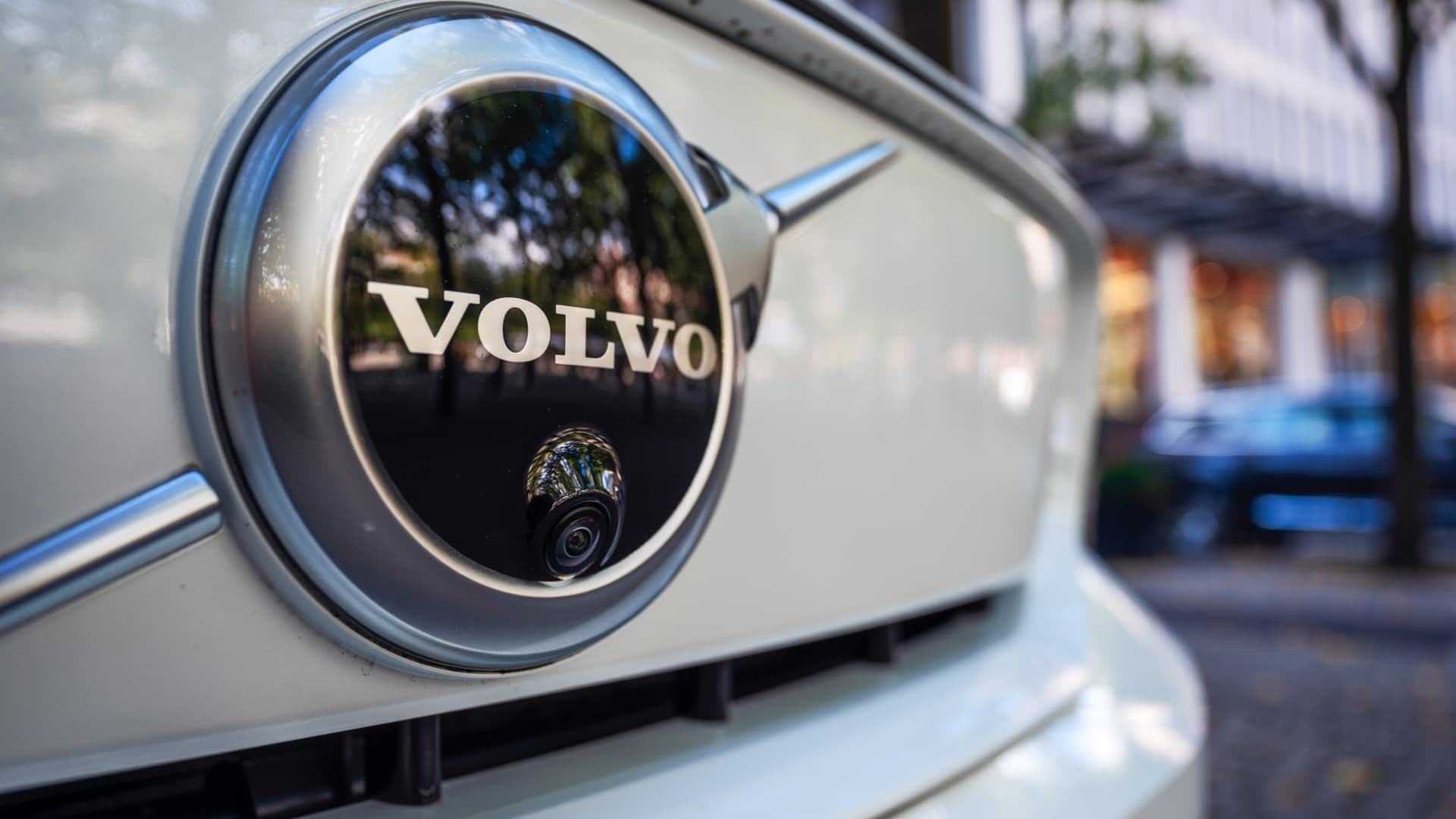In a significant move aimed at streamlining operations and enhancing collaboration, Volvo Cars has announced that its Deputy CEO, Björn Annwall, will step down as part of a broader leadership reshuffle. This strategic reorganization is designed to increase simplicity, speed, and efficiency within the company, reflecting Volvo’s adaptive approach to the rapidly changing automotive industry.
Background and Context

Volvo Cars, a renowned Swedish automaker, has been at the forefront of innovation in the automotive industry for decades. Known for its commitment to safety, sustainability, and cutting-edge technology, Volvo has consistently adapted to market trends and consumer demands. However, the automotive landscape is undergoing a profound transformation, driven by the shift towards electric vehicles (EVs), advancements in autonomous driving technology, and evolving consumer preferences.
In recent years, Volvo has made significant strides in its electrification journey, aiming to become a fully electric car company by 2030. Despite these ambitious goals, the company has faced challenges, including fluctuating demand for EVs and the complexities of transitioning from traditional internal combustion engines to electric powertrains. These challenges have necessitated a reevaluation of Volvo’s strategic priorities and organizational structure.
The Leadership Reshuffle
Volvo Cars announced a series of leadership changes, with the most notable being the departure of Deputy CEO Björn Annwall. Annwall, who also served as the Chief Commercial Officer (CCO), has been a key figure in Volvo’s leadership team, contributing significantly to the company’s growth and strategic initiatives. His departure marks a pivotal moment in Volvo’s ongoing efforts to streamline its operations and enhance collaboration across the organization.
According to Volvo’s official statement, the leadership reshuffle is part of a broader reorganization aimed at reducing complexity and increasing the speed of decision-making. The company plans to flatten its organizational structure, empowering regional teams and employees closest to customers to make key decisions. This approach is expected to enhance responsiveness to market changes and improve overall operational efficiency.
Björn Annwall’s Contributions

Björn Annwall’s tenure at Volvo Cars has been marked by numerous achievements and contributions. Joining Volvo in 2015, Annwall held various senior positions, including Senior Vice President of Marketing, Sales, and Service, Head of Global Consumer Experience, and Head of the EMEA region. In 2021, he was appointed Chief Financial Officer (CFO), playing a crucial role in Volvo’s successful initial public offering (IPO) and advancing the company’s shift towards electrification.
As Deputy CEO and CCO, Annwall has been instrumental in driving Volvo’s commercial strategy, overseeing global sales operations, and strengthening the company’s brand presence in key markets. His leadership has been characterized by a focus on customer experience, digital transformation, and sustainability. Annwall’s departure is seen as a significant loss for Volvo, but it also opens the door for new leadership to steer the company through its next phase of growth and innovation.
Strategic Objectives of the Reshuffle
The leadership reshuffle at Volvo is driven by several strategic objectives aimed at positioning the company for long-term success in a dynamic and competitive industry. These objectives include:
- Increasing Simplicity and Speed: By flattening the organizational structure and decentralizing decision-making, Volvo aims to reduce bureaucratic hurdles and accelerate the implementation of strategic initiatives. This approach is expected to enhance agility and responsiveness to market changes, enabling Volvo to stay ahead of competitors.
- Enhancing Collaboration: The reorganization is designed to foster greater collaboration across different regions and departments within Volvo. By empowering regional teams and frontline employees, the company aims to create a more cohesive and aligned organization, where knowledge sharing and cross-functional teamwork are prioritized.
- Reducing Complexity: Simplifying the organizational structure is intended to reduce complexity and streamline operations. This involves eliminating redundant processes, clarifying roles and responsibilities, and optimizing resource allocation. By doing so, Volvo aims to improve operational efficiency and reduce costs.
- Strengthening Customer Focus: The reshuffle emphasizes the importance of being closer to customers and understanding their needs. By empowering employees who interact directly with customers, Volvo aims to enhance customer satisfaction and loyalty. This customer-centric approach is expected to drive growth and strengthen Volvo’s market position.
Challenges and Opportunities

While the leadership reshuffle presents significant opportunities for Volvo, it also comes with its share of challenges. Navigating the transition smoothly and ensuring continuity in leadership will be critical to maintaining stability and momentum. Additionally, adapting to the new organizational structure and fostering a culture of collaboration and innovation will require effective change management and communication.
One of the key challenges Volvo faces is the evolving landscape of the automotive industry. The shift towards electric vehicles, advancements in autonomous driving technology, and changing consumer preferences are reshaping the market. Volvo’s ability to adapt to these trends and leverage its strengths in safety, sustainability, and innovation will be crucial to its success.
On the other hand, the reshuffle presents an opportunity for Volvo to reinforce its commitment to sustainability and electrification. By streamlining operations and enhancing collaboration, the company can accelerate its efforts to develop and launch new electric models, expand its charging infrastructure, and promote sustainable mobility solutions. This aligns with Volvo’s vision of becoming a leader in the electric vehicle market and contributing to a greener future.
Future Prospects
Looking ahead, Volvo’s leadership reshuffle is expected to pave the way for a more agile, efficient, and customer-focused organization. The company’s commitment to innovation, sustainability, and safety remains unwavering, and the reshuffle is seen as a strategic move to strengthen these core values.
Volvo’s CEO, Jim Rowan, has expressed confidence in the new organizational structure and the leadership team’s ability to navigate the challenges and opportunities ahead. Rowan emphasized the importance of being pragmatic and flexible in a rapidly changing world, and the reshuffle is a testament to Volvo’s proactive approach to staying competitive and relevant.
As Volvo continues its journey towards electrification and digital transformation, the company is poised to play a significant role in shaping the future of mobility. The leadership reshuffle is a crucial step in this journey, positioning Volvo to achieve its strategic objectives and deliver value to customers, shareholders, and society at large.
Conclusion
Volvo’s announcement of Deputy CEO Björn Annwall’s departure and the broader leadership reshuffle marks a significant moment in the company’s history. The strategic reorganization is aimed at streamlining operations, enhancing collaboration, and positioning Volvo for long-term success in a dynamic and competitive industry. While the reshuffle presents challenges, it also offers opportunities for Volvo to reinforce its commitment to sustainability, innovation, and customer focus.

